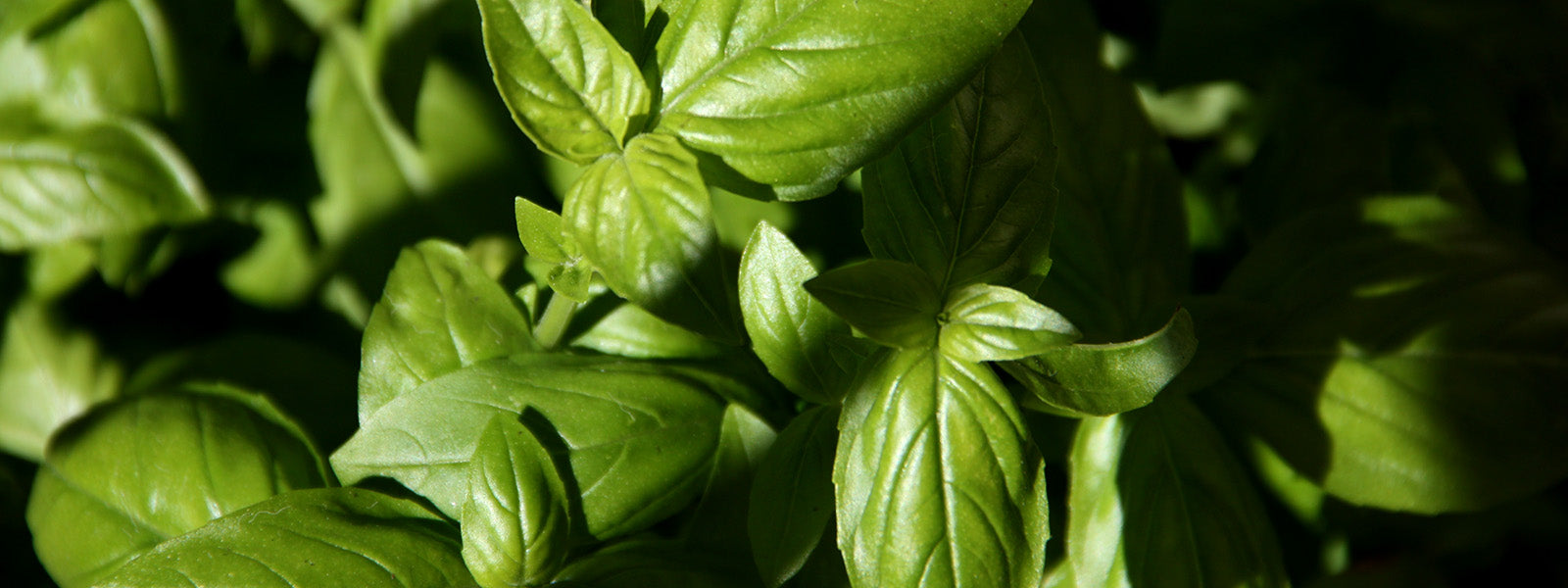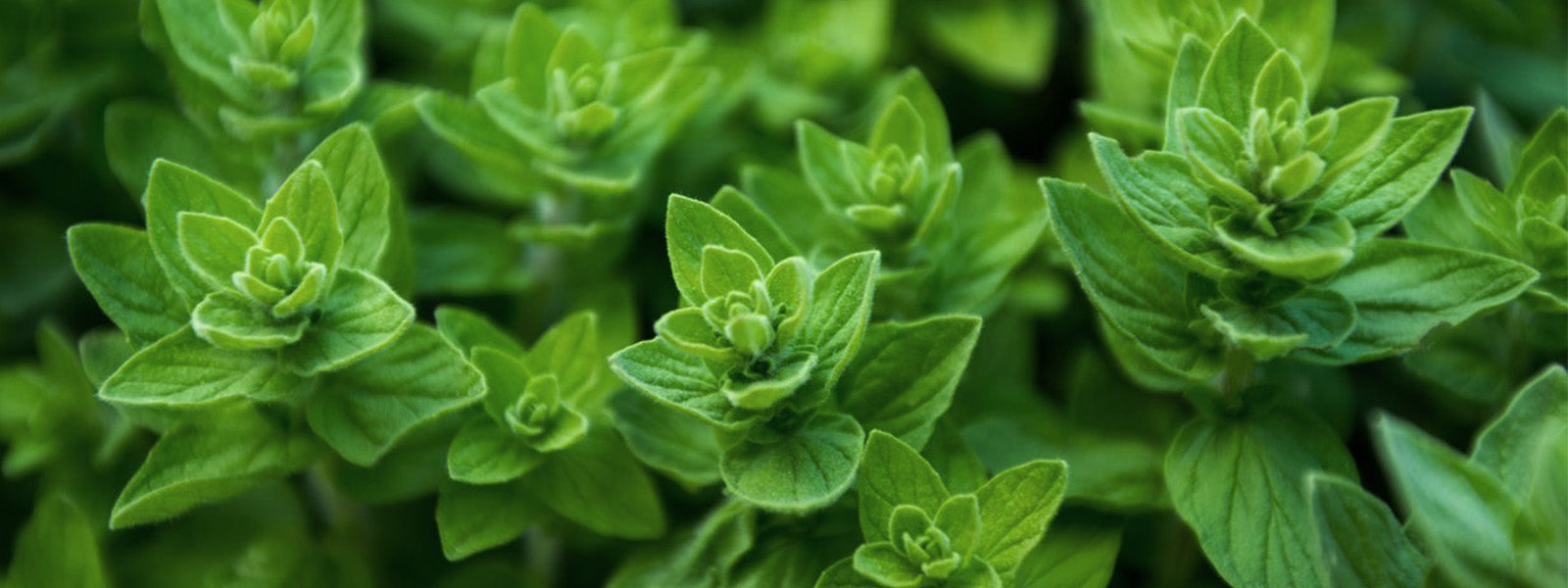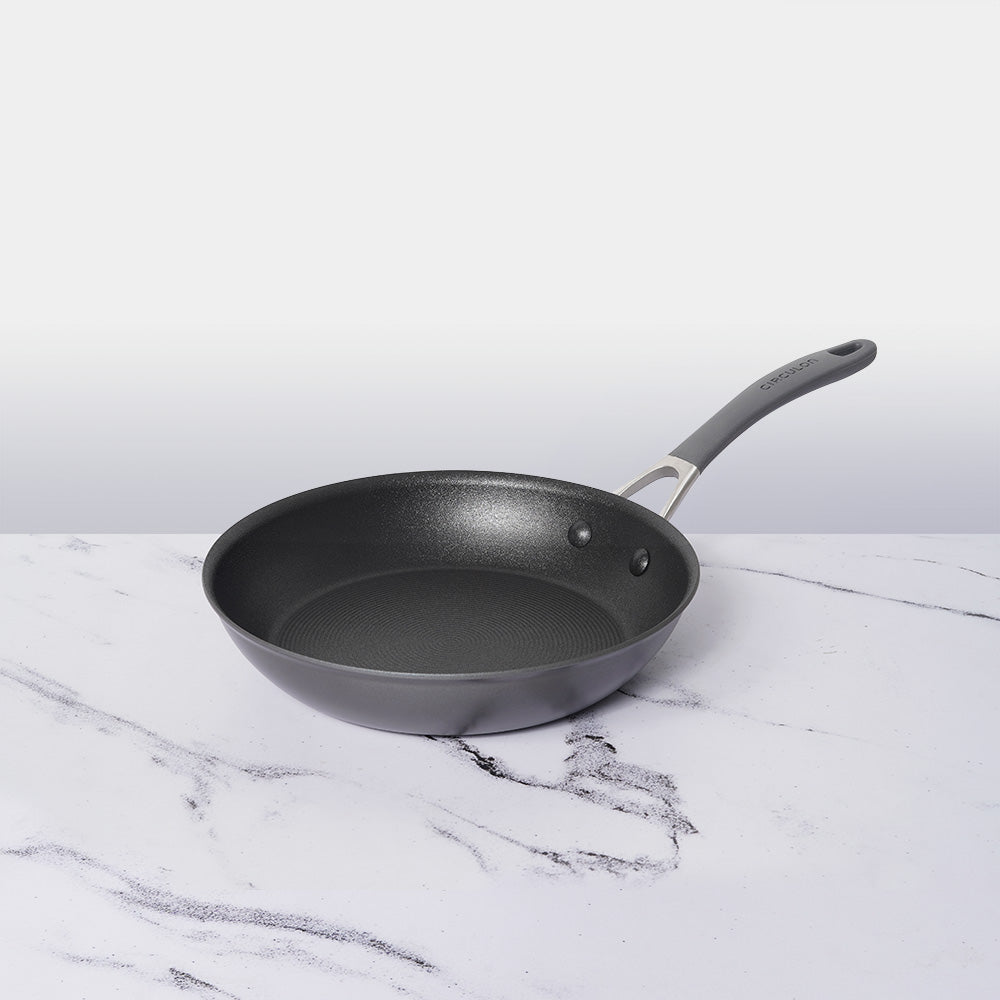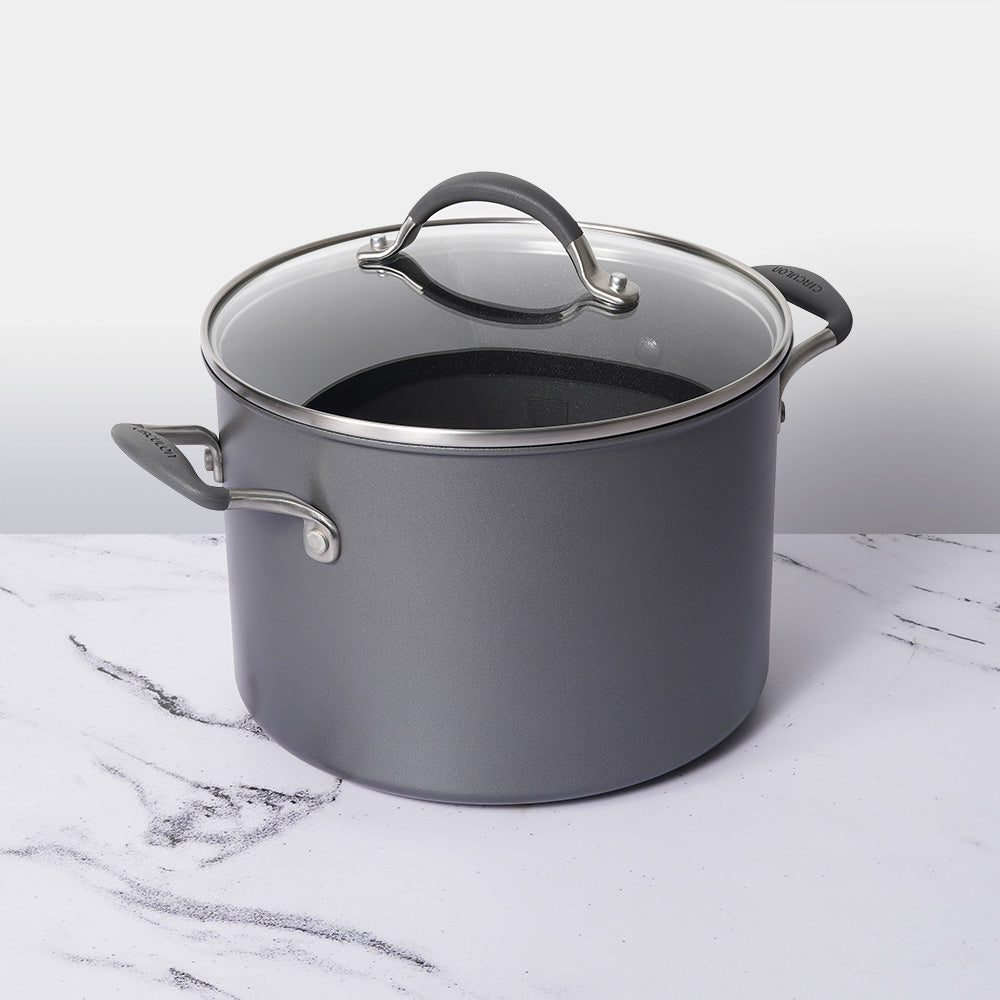Basil, a fragrant herb belonging to the mint family (Lamiaceae), is revered for its culinary and medicinal uses. Known scientifically as Ocimum basilicum, basil has a rich history tracing back to ancient civilizations where it was celebrated not only for its flavor but also for its purported health benefits. Often called the "king of herbs," basil is a staple in many cuisines around the world, particularly in Italian and Southeast Asian cooking.
Table of Contents
What is Basil?
Basil is a leafy herb characterized by its bright green, aromatic leaves. There are several varieties of basil, each with a unique flavor profile, such as sweet basil, Thai basil, and holy basil (also known as tulsi). Sweet basil, with its mild and slightly sweet flavor, is the most commonly used variety in Western cooking.
Is Basil Rich in Antioxidants?
Yes, basil is rich in antioxidants. These compounds help neutralize harmful free radicals in the body, reducing oxidative stress and potentially lowering the risk of chronic diseases. The primary antioxidants found in basil include flavonoids, polyphenols, and vitamins A and C.
Basil Antioxidant Health Benefits
The antioxidants in basil offer several health benefits:
- Protection Against Cellular Damage: Antioxidants protect cells from damage caused by free radicals, which can lead to various chronic diseases.
- Anti-Inflammatory Properties: Basil's antioxidants, particularly eugenol, have anti-inflammatory effects, which can help reduce the risk of inflammatory conditions like arthritis.
- Immune Support: The antioxidants in basil boost the immune system, helping the body fend off infections and illnesses.
Overall Health Benefits of Basil
Basil offers a multitude of health benefits, including:
- Improved Digestion: Basil aids in digestion and can help relieve symptoms of indigestion and bloating.
- Anti-Bacterial Properties: Basil has natural antibacterial properties that can help fight infections.
- Stress Relief: Compounds in basil can help reduce stress and anxiety by regulating cortisol levels.
- Cardiovascular Health: Basil helps maintain healthy blood pressure and cholesterol levels, promoting heart health.
- Skin Health: The anti-inflammatory and antibacterial properties of basil make it beneficial for maintaining clear and healthy skin.
Ways to Use Basil
Basil can be used in various forms:
- Fresh Leaves: Added to salads, sandwiches, and as a garnish for dishes.
- Dried Leaves: Used as a seasoning in soups, stews, and sauces.
- Basil Oil: Extracted from the leaves and used for cooking or medicinal purposes.
- Basil Pesto: A classic Italian sauce made from blending fresh basil leaves with olive oil, pine nuts, garlic, and Parmesan cheese.
Basil for Immunity
Basil is particularly effective in boosting the immune system. The herb contains essential oils like eugenol, citronellol, and linalool, which have antibacterial, antiviral, and antifungal properties. These properties help the body fight off infections and bolster the immune system's overall function.
Basil Tea
Basil tea is a soothing beverage that offers numerous health benefits. To make basil tea, steep fresh or dried basil leaves in hot water for about 5-10 minutes. This tea can help relieve stress, improve digestion, and boost the immune system. Adding a bit of honey or lemon can enhance the flavor and health benefits.
Best Recipes Using Basil
- Caprese Salad: A simple Italian salad made with fresh tomatoes, mozzarella cheese, and basil leaves, drizzled with balsamic vinegar and olive oil.
- Pesto Pasta: Pasta tossed with homemade basil pesto, creating a flavorful and aromatic dish.
- Margherita Pizza: A classic pizza topped with fresh basil leaves, mozzarella cheese, and tomato sauce.
- Thai Basil Chicken: A popular Thai dish made with chicken stir-fried with Thai basil, garlic, and chili peppers.
- Basil Lemonade: A refreshing drink made by blending fresh basil leaves with lemonade.
Conclusion
Basil is not just a flavorful herb; it's a powerhouse of nutrients and health benefits. From its antioxidant properties to its ability to boost the immune system and promote overall well-being, basil is a valuable addition to any diet. Whether used in cooking, as a tea, or in natural remedies, basil's versatility makes it an essential herb for both culinary and medicinal purposes. Embrace the myriad benefits of basil and explore its diverse uses to enhance your health and culinary experiences.










Leave a comment